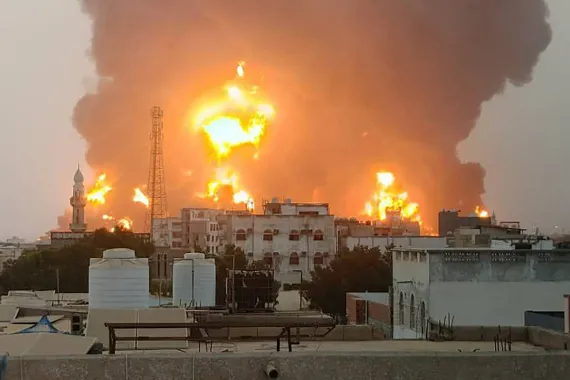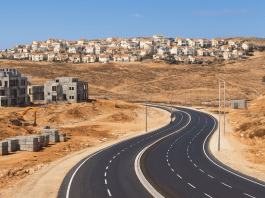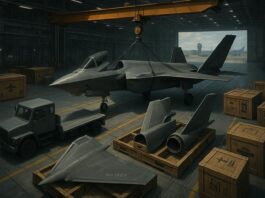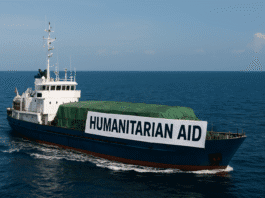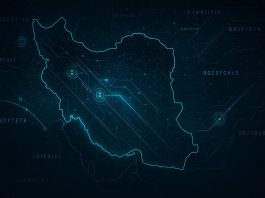In a dramatic escalation of regional tensions, Israel has launched airstrikes on the Houthi-controlled Red Sea port of Hodeidah in Yemen. This significant military action comes a day after a drone attack. Which was claimed by the Houthi movement, struck Tel Aviv.
The Catalyst: Houthi Drone Attack on Tel Aviv
On Friday, an unmanned aerial vehicle (UAV), reportedly modified for long-distance travel, hit a residential building in Tel Aviv. The attack resulted in the death of a 50-year-old man. He was a recent immigrant from Belarus. Along with this eight others were injured. This incident marked the first time a Houthi drone had caused Israeli casualties. Despite its numerous attempts in recent months.
The Israeli military admitted that it had detected the incoming drone but failed to intercept it due to human error. Previous Houthi attacks had been successfully neutralised before reaching their targets in Israel. The significant breach of Israeli air defences prompted a swift and decisive response from the Israeli government.
Israel’s Response: Operation Outstretched Arm
In return, Israeli fighter jets conducted extensive airstrikes on Houthi military targets in Hodeidah. This region was some 1,800 kilometers (1,118 miles) away. Called as “Operation Outstretched Arm,” the strikes targeted oil storage facilities. This included a nearby power plant, according to Houthi-run government sources in Sanaa. Israeli Defense Minister Yoav Gallant emphasised the significance of the operation. He stated that it sent a clear message to the Houthi movement.
Humanitarian Impact and International Reactions
Houthi-linked news outlets reported that the Israeli airstrikes resulted in three deaths and over 80 injuries. Mohammed Abdulsalam, a senior Houthi official, condemned the strikes. He called them as “brutal Israel aggression against Yemen.” He argued that the attacks were intended to pressure the Houthis into ceasing their support for Palestinian groups in Gaza. A demand he insisted would not be met.
Footage from Hodeidah showed large fires and significant damage to infrastructure. The Houthi Supreme Political Council vowed an “effective response” to the Israeli airstrikes. Thus raising concerns of further escalation in the conflict.
Regional Implications and Strategic Objectives
Prime Minister Benjamin Netanyahu, in a televised address, affirmed Israel’s resolve to defend itself by all means necessary. He warned that any party harming Israelis would “pay a very heavy price for their aggression.” Netanyahu also highlighted the strategic importance of the Hodeidah port. He claimed that it served as an entry point for Iranian weapons.
This marked the first direct Israeli military action against the Houthis. They have been launching drone and missile attacks towards Israel for months. Defense Minister Gallant revealed that the Houthis had targeted Israel over 200 times. But the recent attack was the first to cause Israeli casualties. Thus prompting the robust response.
Broader Conflict: US and UK Involvement
While Israel’s direct involvement is a recent development, the US and UK have been conducting airstrikes against Houthi targets for several months. These strikes aim to deter the Houthis from attacking commercial shipping in the Gulf of Aden and the Red Sea. It is a vital corridor for global trade.
The Houthis initially claimed that their strikes were meant against Israeli-linked vessels. However, many of the targeted ships had no link to Israel. Although the group has broadened its operations to include vessels associated with the United States and the United Kingdom.
Future Prospects and Conclusion
The Israeli airstrikes on Hodeidah represent a significant escalation in the conflict between Israel and the Houthi movement. Both sides have vowed for further action. Hence the potential for continued violence remains high. The involvement of other international actors, such as the US and UK, further complicates the situation. This highlights the broader geopolitical stakes at play.
As the situation unfolds, the international community will closely monitor the humanitarian impact on civilians in Yemen. They will also watch the strategic effects on regional stability.The recent events highlight the complex and interconnected nature of Middle Eastern conflicts. Where local actions can have far-reaching consequences.

